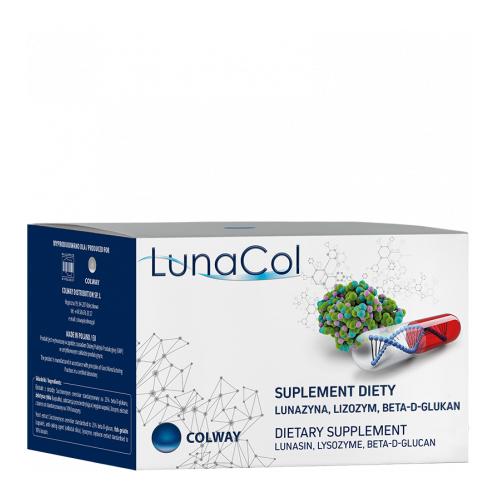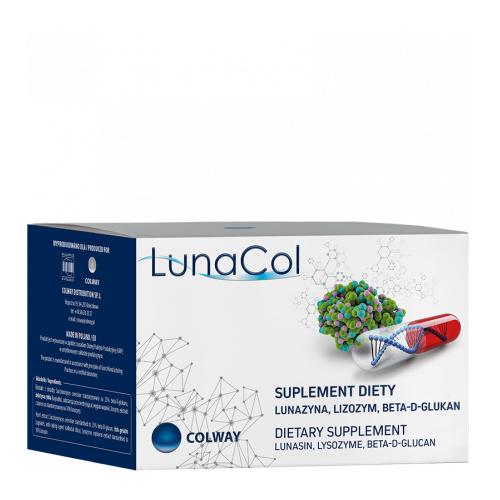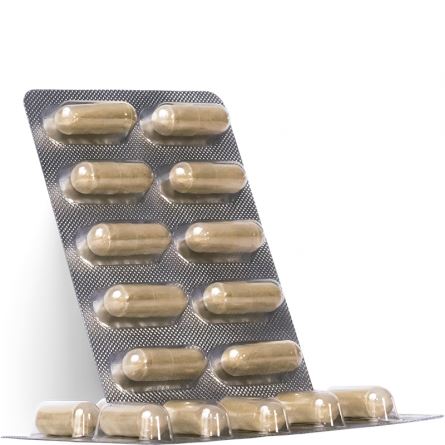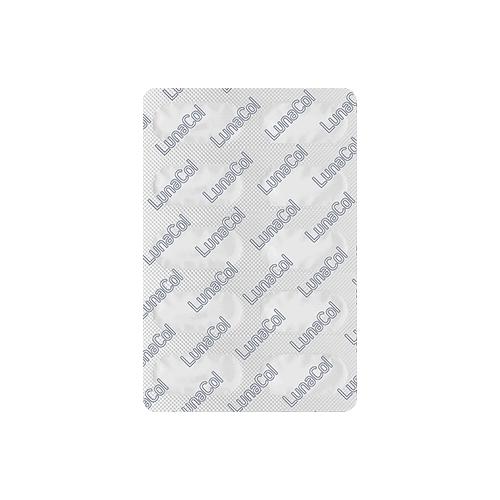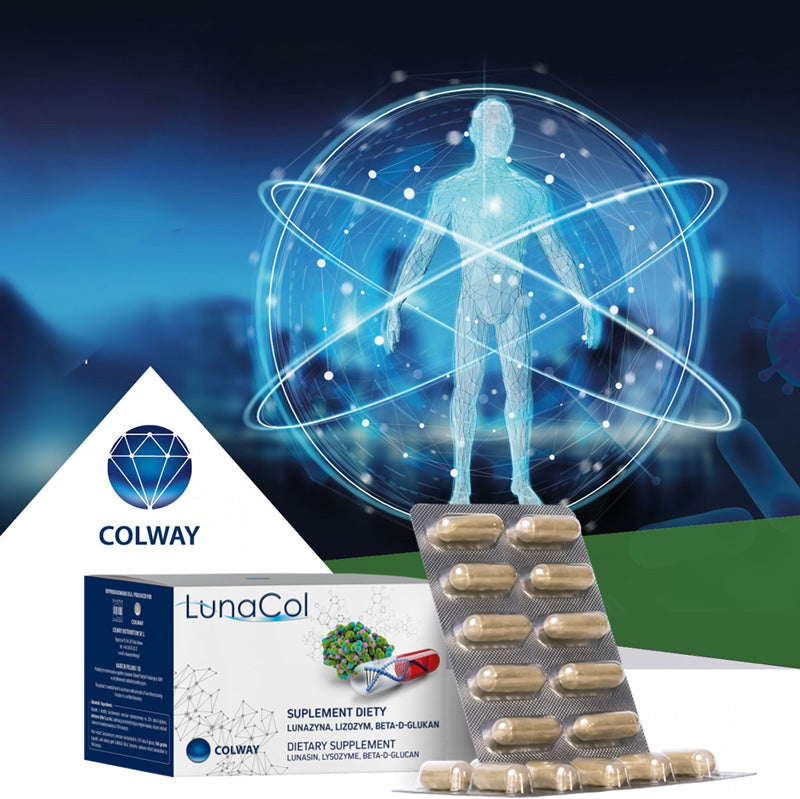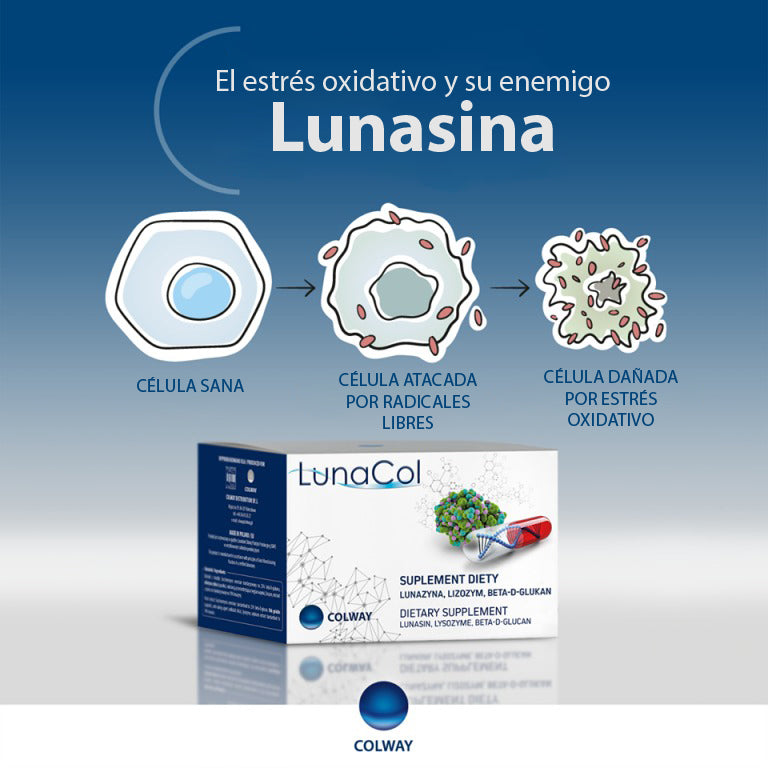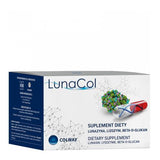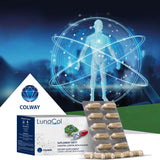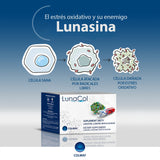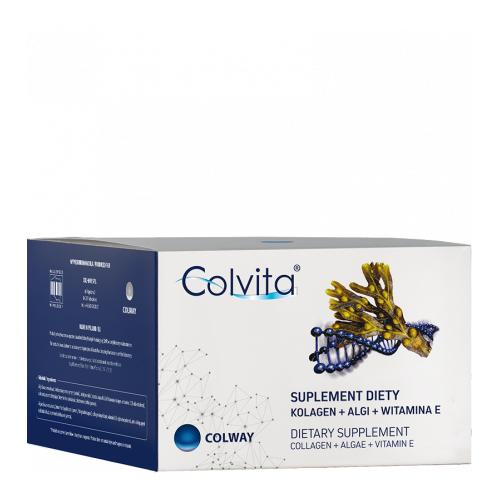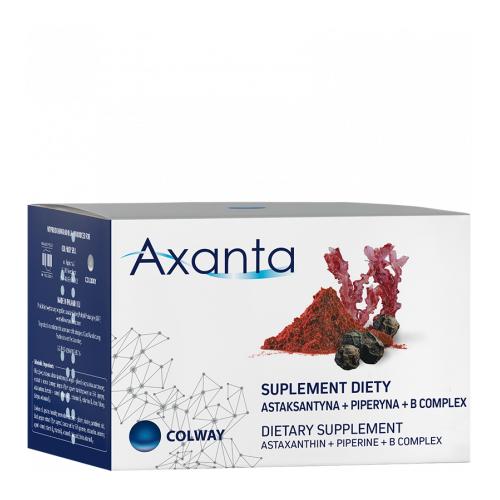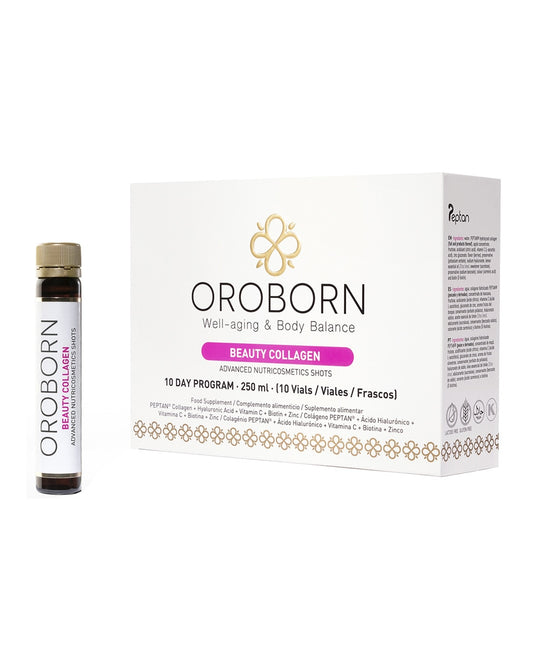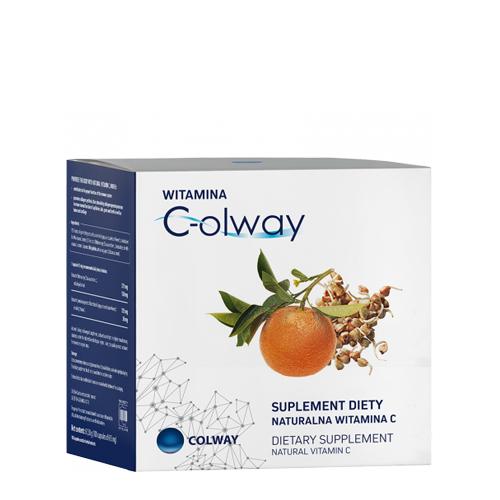In the contemporary landscape of health and wellness, pay off emerges as a groundbreaking peptide with significant implications for managing blood sugar and obesity-related inflammation. This article delves into the transformative effects of lunasin, particularly focusing on its role in enhancing glucose utilization and altering metabolite profiles in the context of obesity.
Understanding Obesity: The Prelude to Insulin Resistance
Obesity, a global health concern, is intrinsically linked to low-grade inflammation and oxidative stress, culminating in insulin resistance. This metabolic disturbance is a precursor to various health complications, including type 2 diabetes and cardiovascular diseases. Addressing obesity and its metabolic consequences is, therefore, a health priority.
Lunasin: A Glimpse into Its Potency
Lunasin, a seed peptide, has garnered attention for its potential in mitigating the adverse effects of obesity. This peptide, derived from seeds such as soybeans, is known for its anti-inflammatory and antioxidant properties.
Innovative Research: Lunasin and Glucose Utilization
Recent studies have focused on the efficacy of lunasin in enhancing glucose utilization, particularly in muscle cells (C2C12 myotubes) and obese mice models. These studies provide a comprehensive understanding of lunasin's role in metabolic health.
In Vitro Studies: Lunasin's Impact on C2C12 Myotubes
In a controlled laboratory setting, C2C12 myotubes were exposed to palmitic acid to simulate the obese microenvironment. The introduction of lunasin to these cells yielded promising results:
- Reduction in Proinflammatory Cytokines: Lunasin effectively decreased the levels of proinflammatory cytokines, indicating its potent anti-inflammatory action.
- Enhanced Cell Vitality: Cells treated with lunasin exhibited improved vitality, even under stress.
- Improved Glucose Uptake: Lunasin significantly enhanced glucose uptake in these cells, a crucial factor in managing blood sugar levels.
In Vivo Studies: Lunasin's Role in Obese Mice
The study extended to C57BL6/j mice, divided into three groups: a low-fat diet (LF), a high-fat diet (HF), and a high-fat diet with lunasin intervention (HFL). The findings were remarkable:
- Glucose Intolerance: Lunasin intervention showed a significant improvement in glucose intolerance in obese mice.
- Metabolite Profile Alteration: Lunasin modulated metabolites associated with insulin sensitivity, indicating its role in improving metabolic health.
Mechanism of Action: How Lunasin Works
Lunasin's mechanism of action is multifaceted:
- Activating Insulin Receptor Substrate-1 and AKT Phosphorylation: This activation is crucial for enhancing glucose uptake.
- Regulating Gene Expression: Lunasin influences gene expression related to insulin secretion and oxidative stress reduction.
- Modulating Metabolites: It affects metabolites linked to the tricarboxylic acid cycle, uric acid, bile acids, and specific amino acids.
The Significance of Lunasin in Metabolic Health
This study is pioneering in illustrating lunasin's role as an effective regulator of anti-inflammation, anti-oxidation, and glucose utilization. Its impact extends to improving glucose uptake and altering metabolite profiles in obese mice, thereby contributing to overall metabolic homeostasis and benefiting metabolic disorders.
Conclusion: Lunasin as a Beacon of Hope in Metabolic Health
Lunasin stands out as a promising agent in the battle against obesity-related complications, particularly insulin resistance and disturbed glucose metabolism. Its ability to modulate inflammatory responses, enhance cell vitality, and improve glucose utilization positions it as a significant player in metabolic health management.
FAQ
1. What is Lunasin? Lunasin is a naturally occurring peptide found in seeds such as soybeans. It has gained attention for its potential health benefits, particularly in anti-inflammation, anti-oxidation, and improving glucose utilization.
2. How Does Lunasin Affect Blood Sugar Levels? Lunasin has been shown to improve glucose uptake in muscle cells and reduce glucose intolerance in obese mice. It does this by activating certain cellular pathways that are crucial for insulin sensitivity and glucose metabolism.
3. Can Lunasin Help with Obesity-Related Inflammation? Yes, lunasin has anti-inflammatory properties. Studies have shown that it can reduce proinflammatory cytokines in cells, which are often elevated in obesity and contribute to chronic inflammation.
4. Is Lunasin Effective in Treating Insulin Resistance? While lunasin is not a treatment for insulin resistance, its ability to enhance glucose uptake and modulate insulin sensitivity suggests it could be beneficial in managing insulin resistance, especially when linked to obesity.
5. What Are the Sources of Lunasin? Lunasin is primarily found in seeds, with soybeans being one of the most common sources. It is also available in dietary supplements.
6. Are There Any Side Effects of Taking Lunasin? Currently, there are no well-documented side effects of lunasin when consumed as part of a normal diet or as a supplement. However, it's always recommended to consult with a healthcare provider before starting any new supplement.
7. How Does Lunasin Work at the Cellular Level? Lunasin works by activating insulin receptor substrate-1 and AKT phosphorylation, which are key in the cellular process of glucose uptake. It also influences gene expression related to insulin secretion and oxidative stress.
8. Can Lunasin Be Used as a Standalone Treatment for Diabetes or Obesity? Lunasin is not a standalone treatment for diabetes or obesity. It should be considered as part of a broader approach that includes diet, exercise, and, when necessary, medication.
9. Has Lunasin Been Tested in Human Clinical Trials? As of my last update, lunasin has been primarily studied in cell cultures and animal models. More research, including human clinical trials, is needed to fully understand its effects in humans.
10. Where Can I Find More Information About Lunasin and Its Health Benefits? For more detailed information about lunasin and its potential health benefits, you can consult scientific research papers, reputable health websites, or speak with a healthcare professional.
Remember, while lunasin shows promise, it's important to approach it as part of a comprehensive health strategy rather than a miracle cure.




















































































































